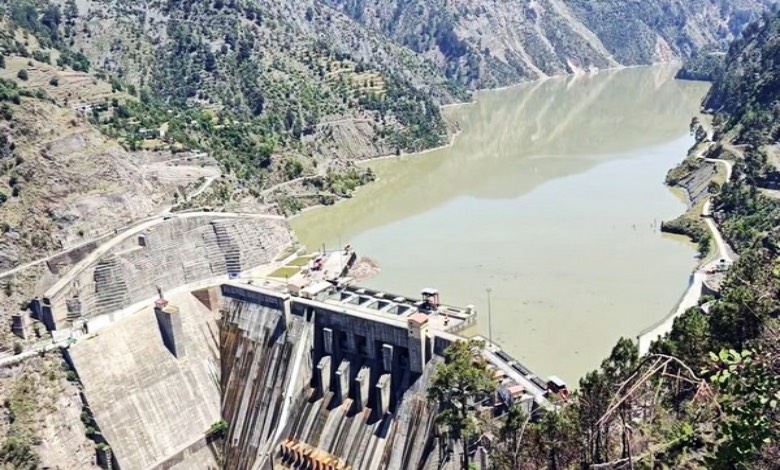India, Pakistan Announce Unconditional Ceasefire Amid Rising Tensions; Indus Water Treaty Suspended

New Delhi: In a significant development after a period of escalating hostilities, India and Pakistan have mutually agreed to an unconditional ceasefire, bringing a halt to all military operations across land, air, and maritime fronts. According to sources from the Ministry of External Affairs (MEA), this ceasefire agreement does not carry any preconditions and has been implemented without prior conditions from either side. The Indus Water Treaty has also been placed in abeyance as part of this arrangement.
Despite the ceasefire, all punitive actions announced by India on April 23 against Pakistan will continue to be enforced. These measures followed the April 22 terror attack in Pahalgam, Jammu and Kashmir, which claimed 26 lives. In response, India accused Pakistan of supporting cross-border terrorism and took a series of retaliatory steps, including suspending the Indus Waters Treaty.
The Indus Waters Treaty, brokered in 1960 with World Bank assistance after nine years of negotiation, governs the distribution of the Indus River system’s waters between the two nations. Under the treaty, Pakistan receives the western rivers Indus, Jhelum, and Chenab while India controls the eastern rivers Ravi, Beas, and Sutlej. India is permitted to use up to 20% of the water from the Indus system.
The ceasefire was initiated at 3:35 pm today, when Pakistan’s Director General of Military Operations (DGMO) contacted his Indian counterpart. Both sides agreed to cease all military actions, effective from 5:00 pm. Earlier, Foreign Secretary Vikram Misri confirmed that the agreement was reached during the DGMO-level talks and that both sides have issued directives to implement the ceasefire. A follow-up conversation is scheduled for May 12 at noon.
This de-escalation follows days of heightened conflict triggered by the Pahalgam terror attack. India launched a large-scale military response under the codename ‘Operation Sindoor’ on May 7, targeting multiple terror camps in Pakistan and Pakistan-occupied Kashmir. In retaliation, Pakistan conducted several drone strikes aimed at Indian border regions. However, Indian defence forces successfully intercepted most of these drones, preventing casualties and property damage.




